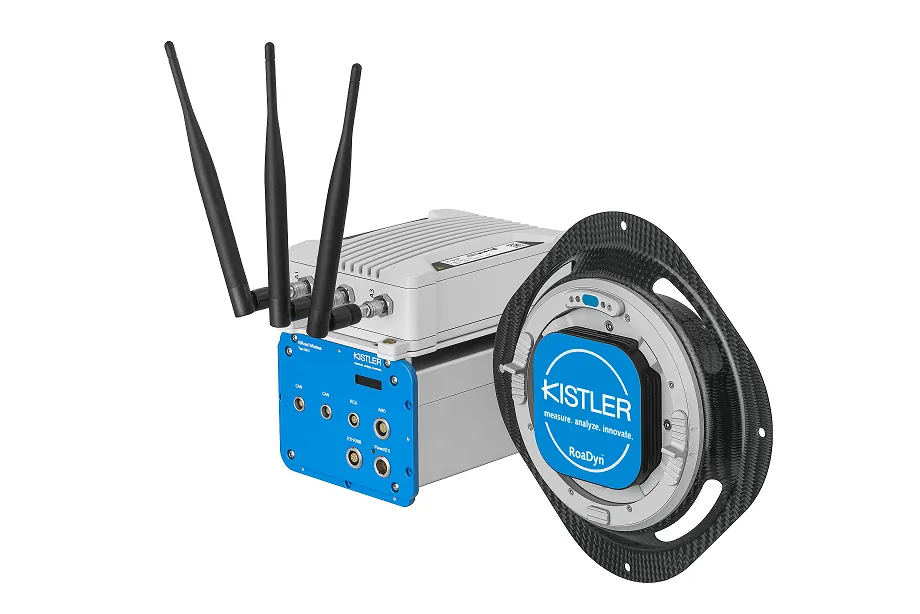Cohda says IMT-2020 is regarded by many OEMs as one of the interoperability standardisation processes that is likely to be adopted – alongside others such as the China Society of Automotive Engineers’ CAICV.
The company will now undertake road trial testing of its applications with a range of Chinese OEMs and Tier 1 suppliers organised by the China Academy of Information and Communications Technology.
Cohda’s chief engineer Fabien Cure says: “Our hardware and software products are used in more than 60% of all V2X field trials in the world today, in compliance with US and
In a separate move, Cohda also recently launched its MK6C Evaluation Kit in China in a bid to accelerate the commercial introduction of C-V2X technology.
Cohda says MK6C offers compatible C-V2X software to support direct communications in support of Vehicle to Vehicle, Vehicle to Infrastructure and Vehicle to Pedestrian applications.
Cohda achieves C-V2X certification in China
Cohda Wireless has announced its cellular vehicle to everything (C-V2X) software stack is compliant with Chinese standards and specifications via the IMT-2020 certification.
Cohda says IMT-2020 is regarded by many OEMs as one of the interoperability standardisation processes that is likely to be adopted – alongside others such as the China Society of Automotive Engineers’ CAICV.
The company will now undertake road trial testing of its applications with a range of Chinese OEMs and Tier 1 suppliers organise
October 30, 2019
Read time: 2 mins








